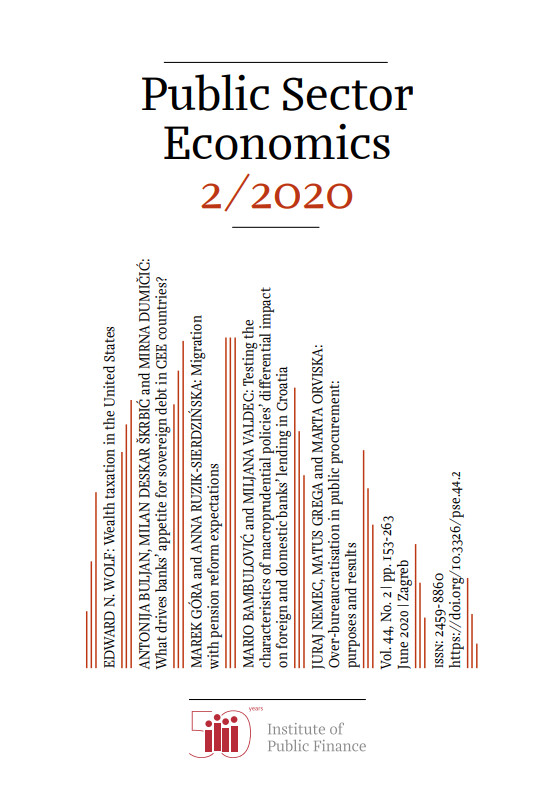Over-bureaucratisation in public procurement: purposes and results
Keywords:
public procurement, Slovakia, Czech Republic, bureaucracyAbstract
Most countries spend large sums of money (10 to 15% of their GDP) to procure goods, services and other work from private suppliers. Given this large public procurement market, it is clear that poor procurement practices might hinder sustainable development and negatively impact public finances and economic growth. This article uses data from the Czech Republic and Slovakia to show that these countries’ procurement systems are over-bureaucratised, and tries to identify the causes and results of such a situation. Our findings confirm that the systems investigated are characterised by legislation that is both too detailed and frequently amended, and an administrative culture that prefers compliance to performance. With over-bureaucratisation, procurement officials opt for a Rechtsstaat administrative culture of “bureaucratic safety” that generates excessive levels of passive waste of public resources.









